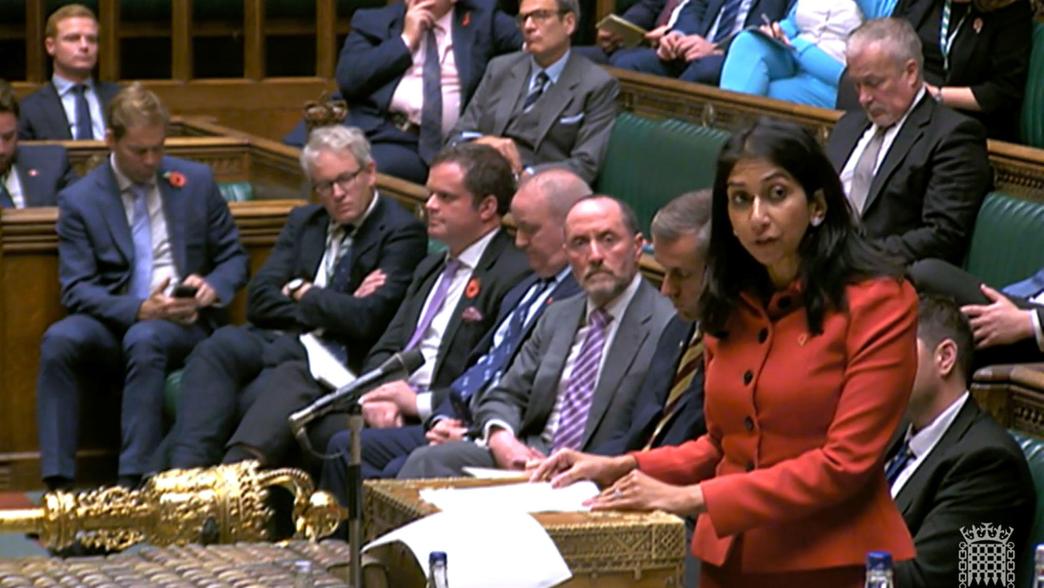A tale of two bills highlights the government's parliamentary problems
The fates of two very different bills in the run-up to the Commons’ summer recess point to problems ahead for the government’s legislative agenda.

MPs have risen for summer recess and will soon be followed by the House of Lords. Parliament will return in September, then rise again for conference season, before the current parliamentary session ends ahead of the King’s Speech on 7 November. That will mark the beginning of the final session of the 2019 parliament – and the last chance for the government to set out its legislative stall ahead of the general election